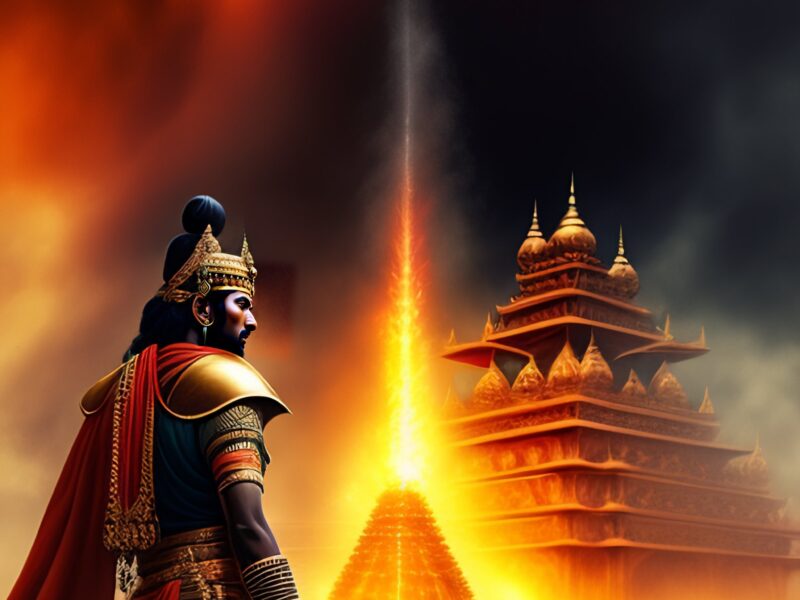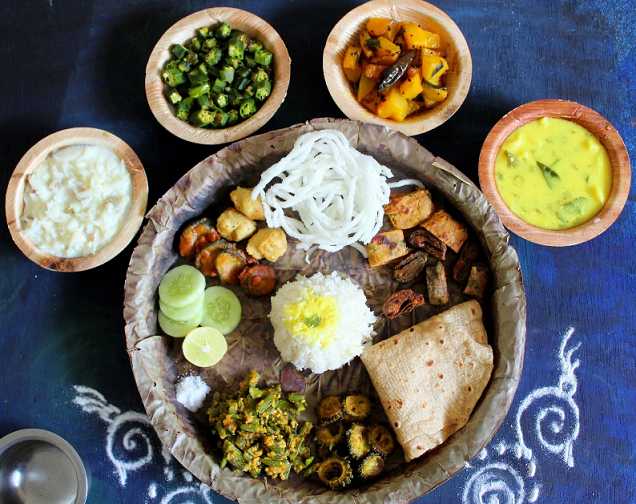Pitru Paksha and Hindu Calendar Systems
In the intricate tapestry of Hindu culture, the sacred observance of Pitru Paksha stands as a testament to the profound interplay between time, tradition, and devotion. Rooted in the ancient Hindu calendar systems, Pitru Paksha is a fortnight dedicated to honoring one’s ancestors. In this blog post, we embark on a journey through the realms of Hindu calendars, unraveling the significance of Pitru Paksha within this intricate temporal tapestry.
1. The Hindu Lunar Calendar: At the heart of Pitru Paksha lies the Hindu lunar calendar, which differs from the widely used Gregorian calendar. This lunar calendar consists of months based on the cycles of the moon and is a testament to the rich astronomical knowledge of ancient India.
2. Understanding Tithis and Nakshatras: The Hindu lunar calendar divides time into tithis (lunar days) and nakshatras (lunar constellations). The timing of Pitru Paksha is intricately linked to specific tithis in the lunar month of Bhadrapada.
3. The Timing of Pitru Paksha: Pitru Paksha typically occurs during the dark fortnight (Krishna Paksha) of the lunar month of Bhadrapada, which usually falls in September or October in the Gregorian calendar. Its timing is determined by the phases of the moon and the lunar calendar.
4. Significance of the Ancestor Fortnight: Pitru Paksha is the time when Hindus believe that the spirits of their ancestors visit the earthly realm. This fortnight is dedicated to honoring and appeasing these departed souls through rituals and offerings.
5. Rituals and Traditions: Pitru Paksha rituals include offerings of water, food, and prayers to the ancestors. Families come together to perform these rituals with devotion, seeking blessings for the well-being of both the living and the deceased.
6. Time Beyond the Mundane: The observance of Pitru Paksha reminds Hindus that time, as understood in the Hindu calendar systems, is not merely a measure of days and nights. It is a continuum that transcends generations, connecting the living with their ancestors.
7. An Eternal Connection: Pitru Paksha exemplifies the eternal bond between the living and the deceased. It underscores the belief that time is not linear but cyclical, and that our actions have repercussions that ripple through generations.
8. Preservation of Tradition: The Hindu calendar systems, with their intricate lunar calculations, ensure the preservation of age-old traditions like Pitru Paksha. They serve as a reminder of the cultural and spiritual legacy passed down through the ages.
In the world of Hinduism, time is not merely a chronological sequence of days and nights; it is a cosmic dance of cycles and rhythms. Pitru Paksha, intricately woven into the fabric of the Hindu lunar calendar, showcases this profound understanding of time. It is a reminder that our connection with our ancestors transcends the boundaries of time and space. As we honor and remember them during Pitru Paksha, we not only pay homage to tradition but also nurture our own spirituality, recognizing the eternal nature of our familial bonds and our devotion to those who came before us.


